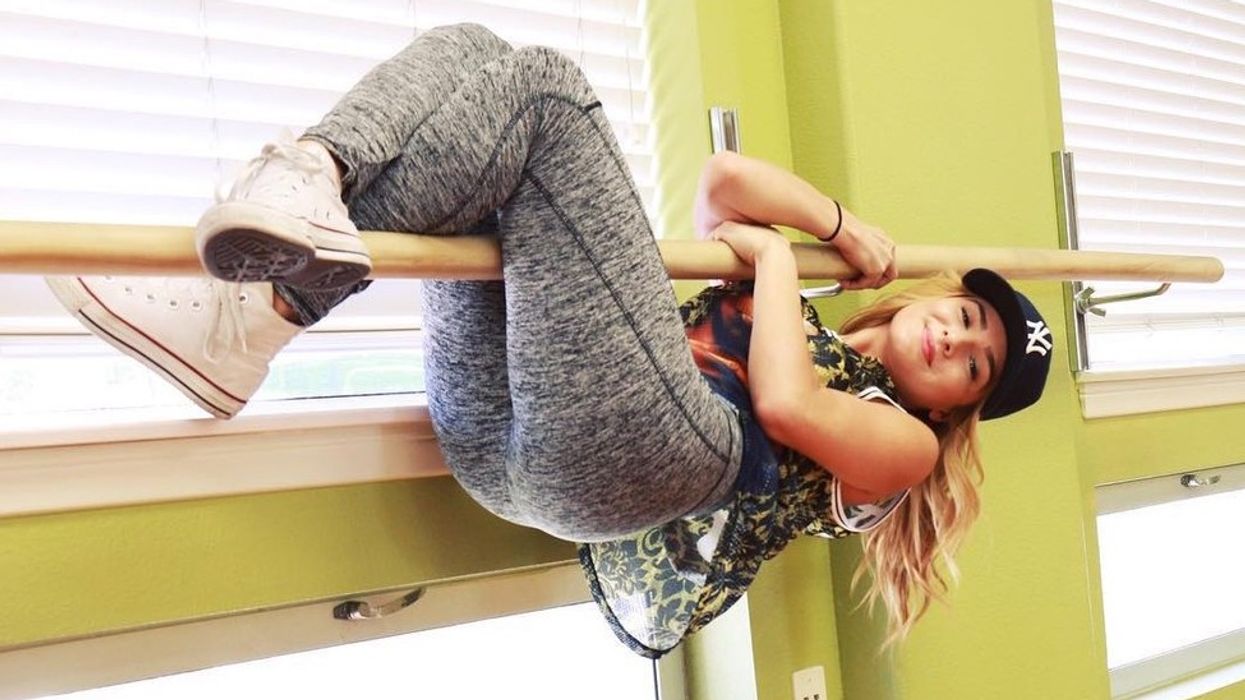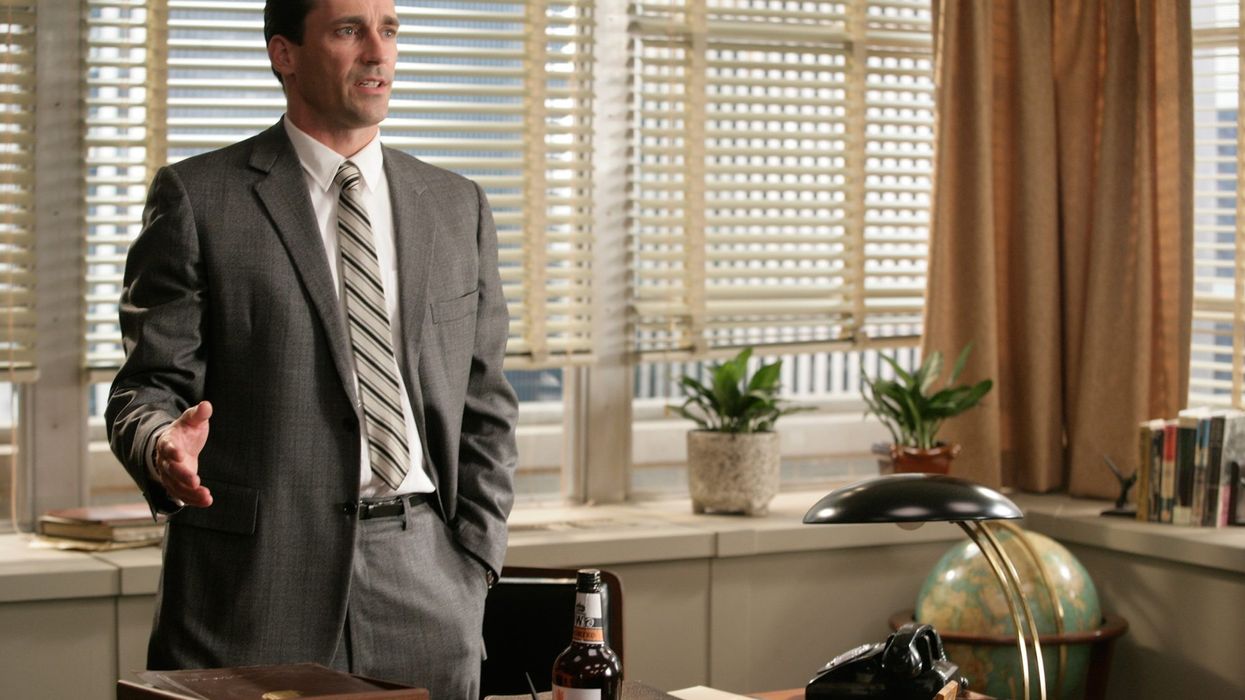Modern Filmmakers Are 'Content Creators': How to Break into Digital TV
According to a major production company VP, we're at a conjuncture in content creation where there are no rules. It's time to innovate.

If anything became clear from my first day on the ground at SXSW 2016, it’s that “television” is no longer a dirty word for filmmakers. This was crystallized when I showed up to cover a panel called “Breaking into TV in the Digital Age” that took place in a 300-capacity room, and 200 people were turned away. I was one of those people.
Fortunately, one of the panelists, Kesila Childers, was kind enough to speak with me after the panel about how independent creators can take advantage of the shifting paradigms in our industry. Childers has an impressive track record with the venerable production company Bunim/Murray, which has produced top-performing reality shows from The Real World to Project Runway. As Bunim/Murray’s VP of Digital Media, she has fully embraced digital opportunities — and thinks that you should, too.
NFS: So on a real basic level, how does someone who considers themselves a filmmaker start to break into TV?
Childers: Well, first of all, they create something. Anything. And then they promote it so that therefore they can take their MVP (minimal viable product) to a place and have a conversation about it, whether it's a traditional buyer or a nontraditional buyer that is doing exciting things. For example, I think right now I'd be more excited to do something with Vimeo than I would with some traditional networks because they're looking to disrupt, so there's a bigger story there.
"If you have an audience already, networks and other distributors will be more interested in working with you."
NFS: So once we’ve created something, what’s the next step?
Childers: Audience-building is a big one. Know your audience. Build towards your audience. You're kind of responsible for creating this story and a persona for your films, no matter where you fit in the content spectrum. You need to know your own personal story and you need to be able to tell that on multiple platforms that are authentic to your story. So, for example, if you're doing a comedy for teenagers, it might behoove you to create a Snapchat and put part of a character on there. Create a character story for them. Maybe as a filmmaker you have a Twitter, but your Twitter is really only talking about things that are relevant to your brand of storytelling so people know what they are going to get from you. If you have an audience already, networks and other distributors will be more interested in working with you.
NFS: Talking about other platforms brings up an interesting point. What actually is television these days?
Childers: We fought a little bit about that on the panel. We debated about what is television and I think that no one really knows anymore because what has happened with television is that television started as a delivery method for content. Now, it’s just one of many delivery methods for content. So you can watch “TV” on multiple ways — through tablet, mobile, all these things — and so then you go, well is it TV or is it not TV? It’s almost like the word “love” means a million things and the word “television” is now starting to mean a million things. Laura [Turner Garison, co-panelist] specifically brought up the fact that people want to use the word “television” because it sounds sexy. “Content” doesn't sound sexy.
NFS: It does not.
Childers: Can we make "content" sound sexy? Because I'm most excited about content. Not as excited about TV. I think we're in the golden age of content and the onus is on the creator to be awesome because there's not as many barriers of entry. Barriers of entry are not on creation anymore. The barriers of entry are on distribution, on creating eyeballs. So it's marketing. Because now anyone can make something and put it on YouTube, or Vimeo, or any of these places. It's just, has anyone seen it?
"Barriers of entry are not on creation anymore. The barriers of entry are on distribution, on creating eyeballs."
I feel like filmmakers should just realize they're content creators and stop being so hung up on the word 'film.' And I think if you want to continue being hung up on that word, you might just be limiting the eyeballs that see your work. And if you're okay with that then by all means proceed, but if you want to reach a greater mass then don't be so precious about the things that you use to market what you're creating. If I can give you a hundred people who really want to consume your film on a mobile device or you can have five people in a screening room in one city, which would you rather have?

Childers: It’s a little bit of a cat and mouse [game]. There's obviously the traditional ways to get an agent or representation that can knock on those doors for you. Some of it is going to things like [SXSW] and meeting people and shaking hands. If you just call me blindly, it's going to be a lot harder to get through to me because the gatekeepers are going to be a lot higher and you’ll have to sign this mission release form and it’s just more difficult. If you come see me at a panel, I'm going to be like, “Hey, you invested your time in me and listening to me talk, which is boring. So I'm going to invest like five minutes in you and I'm going to have a conversation with you about your idea.”
"You cannot sit. Nothing in entertainment happens without networking."
You can't sit and expect anything to happen. You have to be actionable and you have to take the responsibility: What can I do to move it forward? And that pretty much means going to events, shaking hands, becoming parts of groups, networking. You cannot sit. Nothing in entertainment happens without networking. Everyone networks. It is so important. Every job I've ever had is because I've been in a conversation. It's never because I applied to a website. I think that same thing goes for content creators. You might end up somewhere because you created a piece of content that someone else shared and then that ended up in someone else's inbox.... It's kind of like six degrees. You can like trace it back to: Where did the fire start? The fire started when someone kicked over the lantern.
NFS: What do all of these industry changes and shake-ups actually mean for filmmakers?
Childers: It means it's an amazing point where there are no rules. And in a time when there are no rules, it's the best point for innovation. There is no specific path, and some people are going to succeed because they thrive in that freedom. And then there are going to be those people that can't handle that and they just need a specific path. And to those people, I say go about it and get a PA job and work your way up the ladder, and there's nothing wrong with it. But if you have the tenacity to just go create stuff and just kind of fly into the world, I think you could have a really fun time right now.
For more, see our complete coverage of the 2016 SXSW Film Festival. Listen to our podcasts from SXSW (or subscribe in iTunes):
No Film School's coverage of the 2016 SXSW Film Festival is sponsored by SongFreedom.











